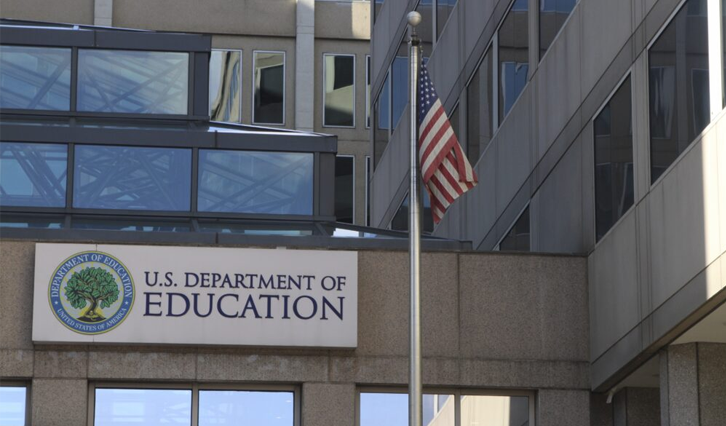Ben Ross Schneider, Professor of Political Science and Director of the MIT-Chile Program, studies comparative politics, political economy, and Latin America. His recent research has focused on education reform in middle income nations.
On April 2, The Tech sat down with Professor Schneider to discuss the domestic and international implications of the Trump administration’s cuts to governmental agencies, including the Department of Education and the United States Agency for International Development (USAID). The transcript has been edited lightly for clarity.
The Tech: How might the Trump administration’s cuts to the Department of Education affect K-12 learning and the broader United States political economy?
Schneider: For the Department of Education, there are two issues that could be separated. There is the bigger political issue of the promise to do away with the Department of Education. This could just rearrange government administration: moving the Department of Education funding for students with disabilities over to Health and Human Services, student loans over to the Treasury. That would not affect the outcomes of these programs much.
The other side of it, though, is the cuts to personnel and funding. Those could have a deeper impact, both in K-12 and university education. Cuts to personnel could delay programs that are supposed to channel resources to poorer students and poorer families, through Pell Grants for university students with lower family income, or Title I funds that go to schools in poor areas.
K-12 education is primarily funded by state and local governments. So about 10% comes from the federal government, but that 10% is going to lower income areas. If you have a poor municipality, then the funding per student is going to be much less.
TT: Are other countries pursuing large cuts of funding or personnel to education?
Schneider: If anything, the trend globally is much more to increase spending on education. In the U.S. and also for other rich countries, you see a continuous increase in spending per student. Developing countries have also been trying to catch up in that sense. A lot of this trend is premised on the idea that you need more educated workers in order to compete in the global economy.
TT: Could other countries gain an advantage over the United States due to changes to education policy?
Schneider: In most countries in Latin America and other middle income countries, the levels of education are well behind the U.S. American education might suffer if there are these large cuts, but I wouldn’t expect that it would affect the overall functioning of the education system. There is an international example of international student assessment that is given across most rich countries and some developing countries. If you calculate the point difference, the middle income countries are about two years of education behind the U.S. That would take quite a while to catch up.
TT: How do teachers’ unions play a role in national politics?
Schneider: Teachers’ unions in the U.S. have been critical of many of the moves of the Trump administration. They tend to be more important and more influential in the Democratic Party than the Republican, so they’re in the opposition now. It doesn’t seem like the federal government will be intervening in union negotiations at the local level. So I think that it will be more business as usual, whether or not teacher unions take the lead in opposing cuts to education or changes in the Department of Education.
TT: How can privatization affect countries’ education systems?
Schneider: The Trump administration has said they want to move in this direction, and certainly the previous Trump government wanted to promote this idea that you could take public funding at the local level and use it to go to a private school. And Latin America, in this case, does have a lot of relevant experience, particularly in Chile, where they moved to a full voucher system 45 years ago.
What that experience shows is that, to get the benefits of a full voucher system, you need very careful regulation. You need to say what students have to learn, how they’ve learned it, what kinds of organizations can offer schooling, can schools be for-profits or nonprofits.


